
Along with policy recommendations to improve public investment efficiency, strengthen accountability and improve the legal environment, the WB also said that Vietnam needs urgent action to adapt to climate change.
Meanwhile, a new survey by HSBC shows that despite facing challenges in costs and supply chains, Vietnamese businesses remain optimistic and proactive in adapting to take advantage of opportunities for innovation and expanding global trade relations.
Institutional reform: The decisive push
In its latest report “Vietnam 2045 - Breakthrough: Institutions for a High-Income Future”, the World Bank has emphasized the central role of institutions in ensuring sustainable growth. According to the World Bank, to maintain a high growth rate to achieve the set target, Vietnam needs to strengthen its legal system and legal environment, while improving the efficiency of public investment in both scale and quality. International experience shows that countries that have overcome the middle-income trap and reached high-income status are all thanks to continuous improvements in institutional quality.
“The journey towards achieving high-income status by 2045 has highlighted the critical role of institutions in ensuring sustainable growth,” said Mariam J. Sherman, World Bank Country Director for Vietnam, Cambodia and Laos. “Recent reform efforts demonstrate Vietnam’s determination, but to achieve this goal, Vietnam needs to undertake more drastic reforms – a ‘breakthrough institutional push’ – to unleash the full potential of the private sector to drive growth and create quality jobs for its people.”
In addition, administrative reform, increased accountability, local autonomy and improved coordination between government levels will help improve the business environment and enhance national governance. The WB also emphasized that Vietnam needs to build an effective civil service, with reasonable remuneration and supported by an independent and transparent monitoring mechanism.
In parallel with institutional reforms, the second report – “Vietnam 2045 – Greener Growth: Pathways to a Sustainable Future” – warns of economic risks from climate change if Vietnam fails to act promptly. Forecasts show that if sea levels rise by 75-100 cm, nearly half of the Mekong Delta could be submerged by mid-century.
The WB's 2024 survey also showed that about 75% of businesses in Vietnam's two main export industries, garment and electronics, are also operating in areas regularly affected by high temperatures, putting 1.3 million workers in the vulnerable group.
Without adaptation measures, climate impacts could cost Vietnam’s economy up to 12.5% of its Gross Domestic Product (GDP) by 2050 (compared to the baseline scenario). However, timely adaptation investments could reduce this loss to just 6.7% of GDP. The World Bank recommends that Vietnam integrate climate risk management into all economic sectors and develop policies to encourage businesses and people to proactively adapt.
In addition to adaptation, the report also highlights the opportunity to transition to a low-emission development model. Achieving net zero emissions by 2050 – as Vietnam has committed to – would not only protect the environment but also help improve its position in the global supply chain.
Optimistic in the face of change
The impact of costs goes beyond profit margins and directly impacts revenue. Businesses are also anticipating an average revenue decline of 18% due to delays in the supply chain.
In response to the above uncertainties, Vietnamese businesses are actively adjusting their operational strategies. 42% of businesses said they have brought production back to Vietnam, 41% shifted to serving the domestic market, and 41% stepped up data analysis activities. At the same time, 54% of businesses admitted that they need external support in planning to cope with the crisis and strengthen their business resilience.
Despite the challenges, Vietnamese businesses remain confident in their international growth prospects. Up to 81% of businesses believe that global trade will grow in the coming time - a level similar to optimistic countries such as the United Arab Emirates (UAE, 94%) and India (96%).
HSBC’s survey also found that 76% of Vietnamese businesses see the current turmoil as an opportunity to innovate, upgrade and restructure their operating models. Businesses are taking advantage of this time to apply technology, improve processes and increase competitiveness.
One of the clearest trends is the emergence of new trade corridors in a number of the markets surveyed. A notable trend is that global businesses are strengthening relationships in key external markets. Malaysian (61%) and Vietnamese (52%) businesses are expanding their relationships with China; Indian (54%) and US (51%) businesses are expanding their relationships with Europe, and UK (46%) and Indian (62%) businesses are strengthening their relationships with the US.
Mr. Surajit Rakshit, Country Head of Global Trade Solutions, HSBC Vietnam, commented: “The current uncertain tariff and trade environment presents many challenges for global businesses, but businesses themselves have shown resilience and flexibility in their business operations.”
Source: https://doanhnghiepvn.vn/kinh-te/kinh-te-viet-nam-qua-goc-nhin-quoc-te-cu-hich-de-vuot-bay-thu-nhap-trung-binh/20250530103241581












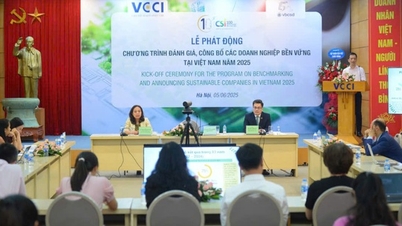

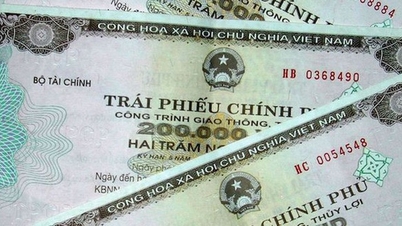
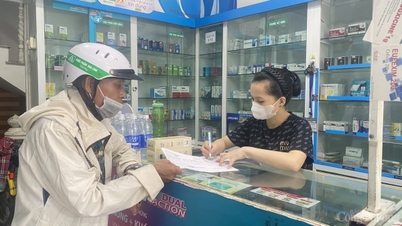








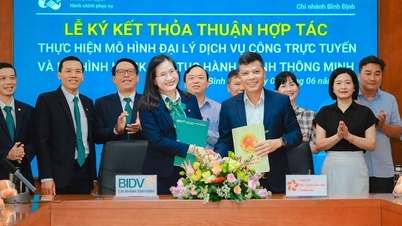





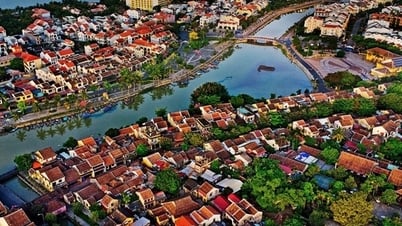
































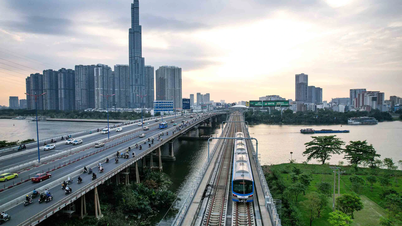
















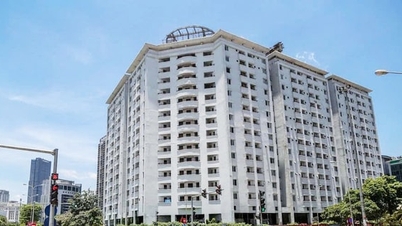


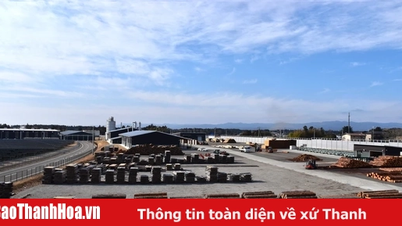











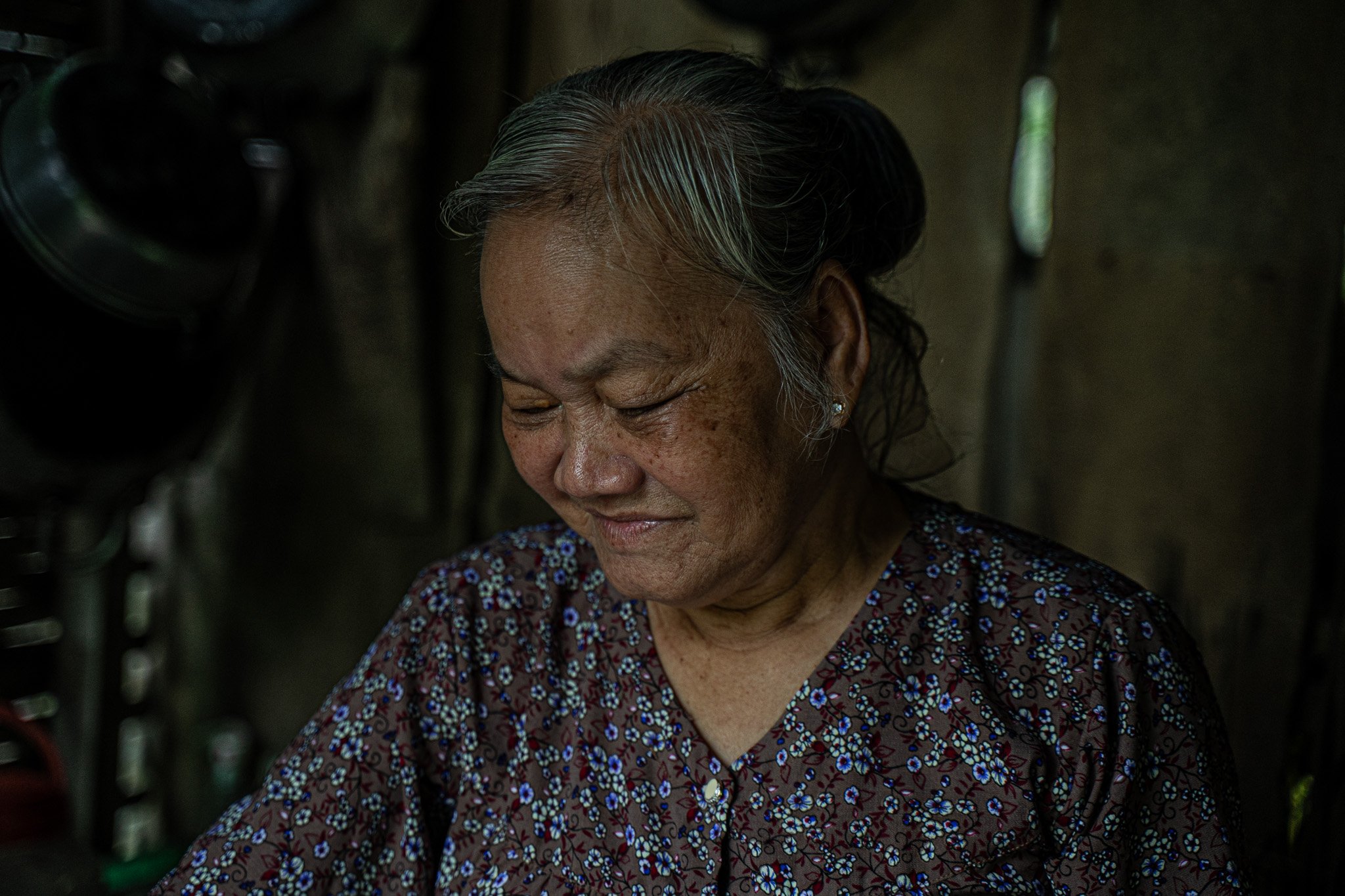



Comment (0)